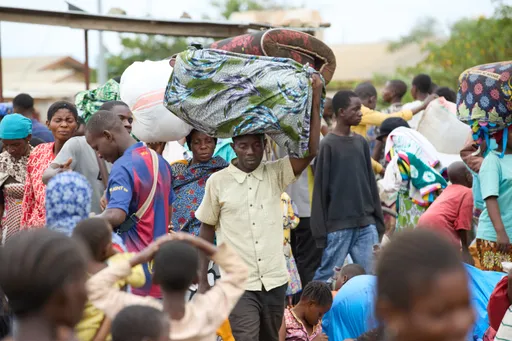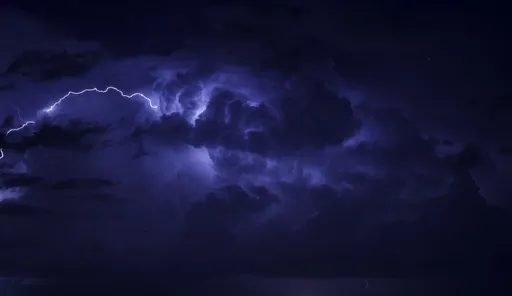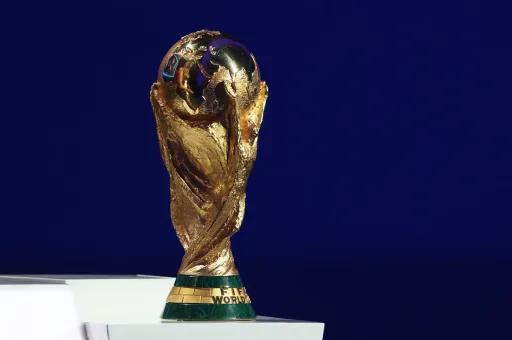By Edward Wanyonyi
As Presidential and parliamentary elections in the Democratic Republic of Congo (DRC) approach, the mood of an impending palpable change is hardly felt across the 26 provinces including Kinshasa the Capital city.
With 26 presidential candidates registered by the Independent National Electoral Commission (CENI), the December 20 planned general election continues to be dominated by scheming and calculations by the leading political parties and alliances pushing to the periphery the core compact by citizens across the country.
If anything should be significant in this election, it could have been political candidates going traversing the country to listen to the people and not merely seeking elective votes and promising to change a system that has worked against the aspirations of the people.
They should be listening to calls for context, empathy, truth, openness to reconciliation and a relentless pursuit of progress.
These 5 attributes seem to be ever evasive in the Congolese Governance conversations. Instead, there is increasingly foreign influence on governance modelled under a Western liberal democratisation script that comes with the usual natural resources sector governance, security sector reforms, institutional building and humanitarian activities.
Cycle of violence
As has been argued by many scholars and researchers in the Global South, imposing the Western liberal democracy model as a panacea for DRC’s problems to enable it leap into state stabilisation sustains the culture of elite bargaining that has turned Kinshasa into an international merchandising shop along the “post conflict reconstruction avenue”.
It fails to address the structural and systemic realities that have contributed to divergence and discord across various villages, communities, ethnicities and obscures commonalities that the Congolese bring as their agency into the national rebuilding table.
This failure has then led DRC into a path of cyclical violence, fragility and trauma while the world watches by the next pricing of the minerals by local armed militias.
As the country prepares to go into the elections, perhaps the focus of the Congolese civil society together with the international community should be how to generate a true voice from citizens and shape a national vision that captures the aspirations of progress alongside the 5 attributes that can form a new DRC renewal compact.
At the bare minimum, there should be an appreciation by the citizens and Presidential election contenders that the prevailing context in DRC partly due to some of their actions or inactions is not an excuse for contentment and paralysis.
The staggering humanitarian situation in the East with over 3.8 million internally displaced citizens coupled with over 120 armed groups operating across the country especially in the East invites a renewed vigour and commitment to peace.
Understanding context
And this should be localised peacebuilding village by village, province by province and not bargained at the elite level and left to MONUSCO to enforce. Context calls for the Presidential contenders first to be in the forefront in setting up and supporting National Peace Fund and not simply working with private campaign financiers on how best such financiers to reward them should the candidates win the election.
Context invites neighbouring countries to look into their trade and brand promotion initiatives and drop the DRC poster that speaks to the mineral and biodiversity potential. Underhand deals in cross-border smuggling of natural resources must also be addressed.
It equally castigates the international community for turning over 100 million citizens into a laboratory of the white saviour industrial complex. But appreciating this wider context and what should be done cannot come without an acknowledgement that there is need for a new humanitarian and development architecture rooted in empathy that will allow DRC to progress.
The intractable cycles of conflict over the years since DRC independence in 1964 have halved all the indicators of development, decency and dignity across most of the country’s provinces.
While the UN led a triple nexus framework- the interlinkages between humanitarian, development and peace actors, the DRC humanitarian architecture should not just be another interventionist operation that is top down and delinks itself from the humanity of the community it serves.
Investigations on WHO and MONUSCO staff who have been found in contravention of their humanitarian ideals is the first step to addressing how flawed the international humanitarian response system is. It also behoves the Congolese Presidential and parliamentary candidates to repair the national humanitarian system.
Localised peacebuilding
This is also the time for DRC allied diaspora groups to support and channel their support, not to armed factions but, to noble and verifiable local charities that support various elements in the humanitarian ecosystem.
And for this to come together, the elections should not just provide an opportunity for candidates to sell their manifestoes with magic wand tactics of eradicating all the historical challenges in the first term or 100 days, the truth and an openness to reconciliation not just at the elite level but at the wider social-community level will be important.
Given the fluidity of borders and intricate sharing of history, ties by kith and kin, no amount of international diplomacy will address the feuding tensions between Kigali and Kinshasa. Only localised peacebuilding agency rooted in an openness to reconciliation will sustain peace.
However, it should not be forgotten that DRC has had many opportunities in the past to start afresh.
The difference now is that the election process should be construed as a rebirth that goes beyond the counting of votes and declaration of a winner. Whoever wins the election should carry with them a real zeal and determination to turn around the country. The DRC rebirth should be a collective task shared by all political parties, citizens and not just the ruling party.
The author, Edward Wanyonyi, is a Security and International Development Trends researcher. He can be reached via edward.marks09@gmail.com
Disclaimer: The views expressed by the author do not necessarily reflect the opinions, viewpoints and editorial policies of TRT Afrika.
➤Click here to follow our WhatsApp channel for more stories.
























